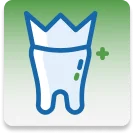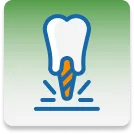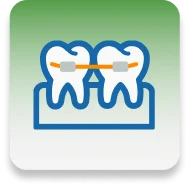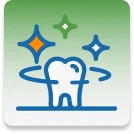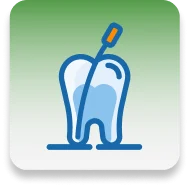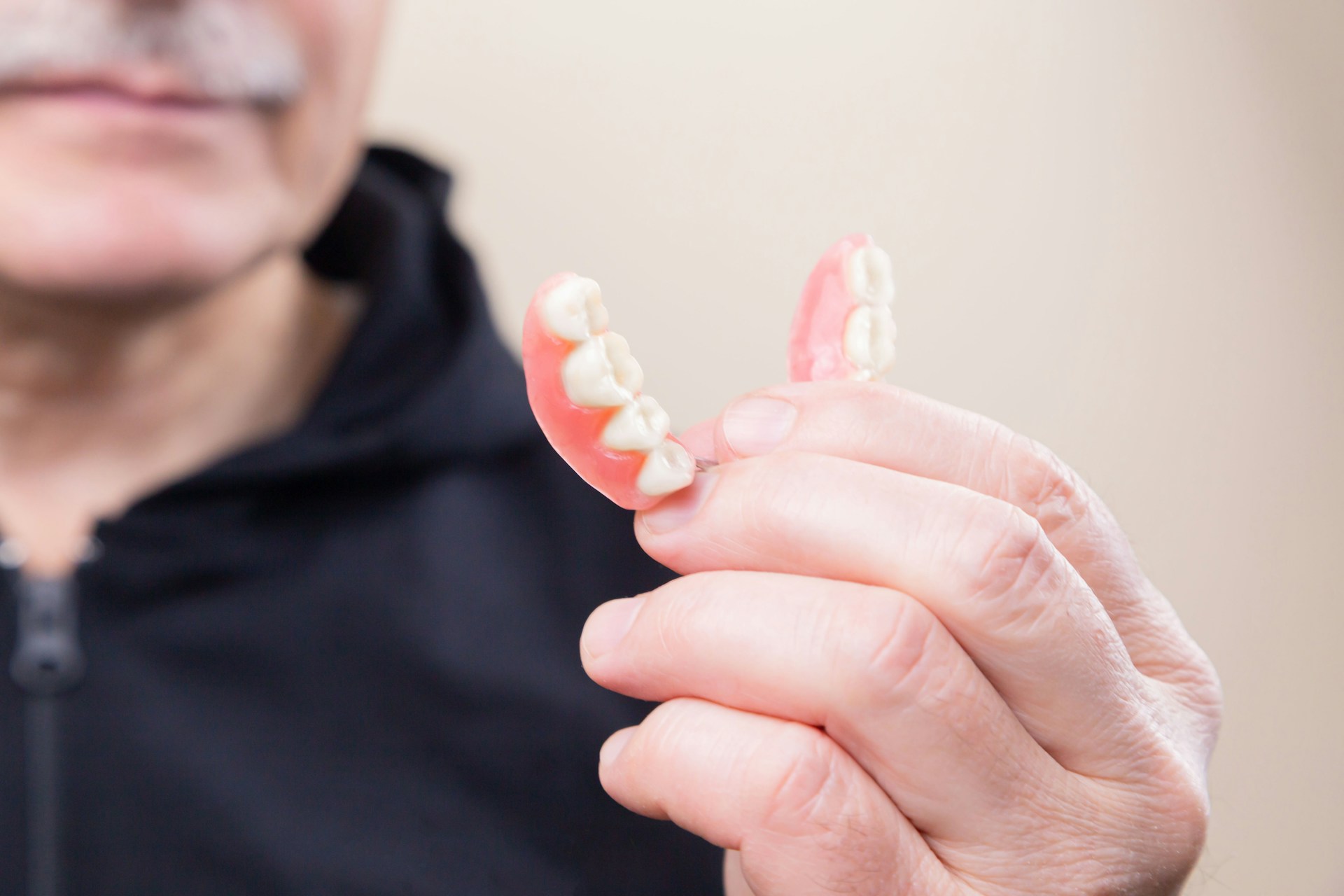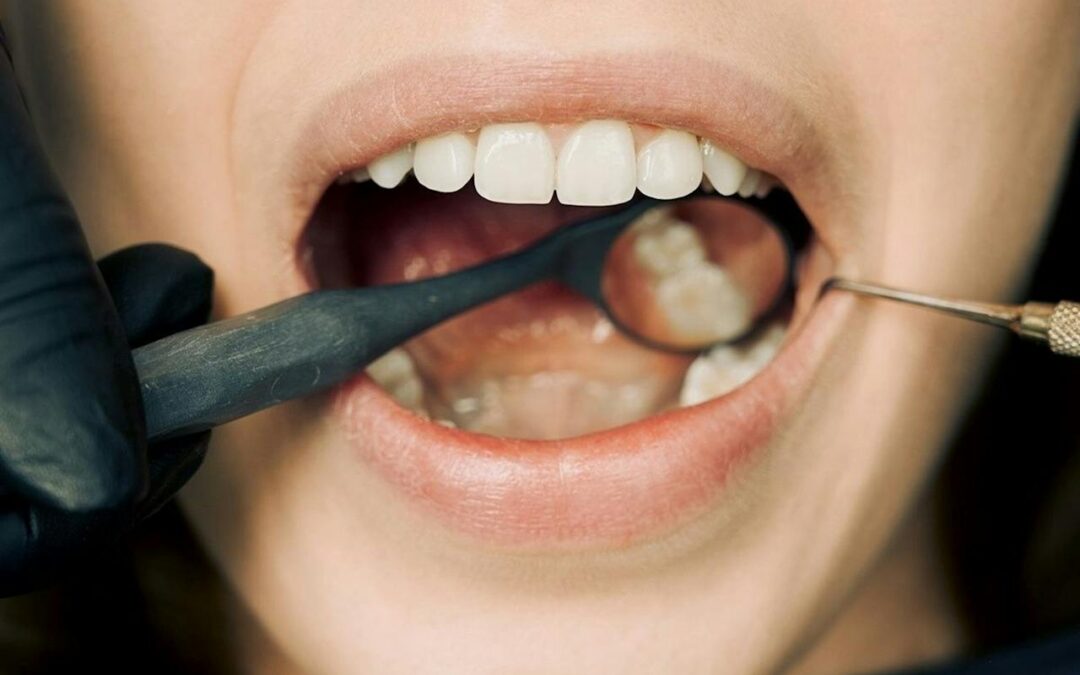Choosing between dentures and partial dentures can feel overwhelming, but it’s essential for oral health and confidence. Dentures and partial dentures replace missing teeth but differ in several ways. Knowing the differences, benefits, and potential downsides of each can help you make an informed decision that best fits your needs.
Full dentures are designed to replace all the teeth in your mouth, making them suitable for individuals who have lost most or all of their teeth. They are removable and custom-fitted to ensure comfort and functionality. On the other hand, partial dentures are used when you still have some of your natural teeth. These partial replacements fill the gaps and prevent the remaining teeth from shifting.
Understanding the advantages and drawbacks of both options will help you choose the right type of denture for your lifestyle. While full dentures might provide a complete solution for those who need them, partial dentures offer a less invasive option for those with some remaining healthy teeth. In this article, we’ll delve into the specifics of each to help guide your decision and discuss the factors you should consider before choosing.
Understanding Dentures and Partial Dentures
What Are Dentures?
Dentures are removable dental appliances that replace missing teeth and surrounding tissues. They are made from materials like acrylic resin and sometimes include metal for added strength. Full dentures are used when you have lost all of your teeth. They sit on top of your gums and are custom-molded to fit your mouth perfectly. Dentures can help restore your smile and improve your ability to chew and speak. They also support your facial muscles, preventing the sunken look that often occurs with tooth loss.
What Are Partial Dentures?
Partial dentures are used when you still have some natural teeth remaining. They consist of a gum-colored plastic base and one or more artificial teeth. Partial dentures are held in place by metal clasps that attach to your natural teeth, keeping the dentures secure while you eat and talk. These partial dentures fill in the gaps created by missing teeth, preventing your remaining teeth from shifting out of place. Like full dentures, partial dentures are removable, making them easy to clean.
Benefits and Drawbacks of Full Dentures
Advantages of Full Dentures
Full dentures come with several advantages. First, they replace all missing teeth, giving you a complete and functional smile. This can significantly boost your confidence and improve your eating and speaking ability. Dentures are custom-made to fit your mouth, ensuring comfort and a natural look. They are also relatively affordable compared to other tooth replacement options like dental implants. Full dentures are a good option for those who have lost most or all of their teeth and want a quick and effective solution.
Possible Downsides of Full Dentures
Despite their benefits, full dentures also have some downsides. They can take time to get used to, and you might experience discomfort or difficulty speaking initially. Dentures must be removed and cleaned regularly to maintain oral hygiene and prevent infections. Over time, the shape of your mouth may change, requiring adjustments or replacements. Dentures can also slip out of place while eating or talking, which can be embarrassing and inconvenient. Adhesives can help, but they may not eliminate this issue.
Benefits and Drawbacks of Partial Dentures
Advantages of Partial Dentures
Partial dentures offer several benefits. One of the main advantages is that they can replace multiple missing teeth while preserving your remaining natural teeth. This helps maintain the structure of your jaw and prevents bone loss. Partial dentures are also less invasive and more affordable than tooth replacement options like dental implants. Because they are custom-designed, they provide a comfortable fit and a natural appearance. Additionally, partial dentures can improve your ability to chew and speak, enhancing your overall quality of life.
There are also more options besides the metal framework partials. We offer an aesthetically pleasing all-acrylic partial. However, the retention can be a downside because the acrylic partial cannot be tightened to increase retention like a metal framework partial.
The third type of partial we offer is a flex partial option. This type of partial has an advantage in aesthetics, plus the thickness of the material makes eating and talking more tolerable.
However, the downside of this type of partial is that if you lose a tooth, you cannot add teeth to a flex partial because of its material. You can add teeth to an acrylic or metal framework partial.
Possible Downsides of Partial Dentures
Partial dentures do have some drawbacks. They may take some time to adjust, and you might initially experience minor discomfort. Partial dentures require proper maintenance, including regular cleaning, to avoid infections and keep them in good condition. The metal clasps used to secure partial dentures can sometimes be visible when you smile or talk, which some people may find unappealing. Over time, your mouth’s structure might change, necessitating adjustments or replacements. Partial dentures may also put pressure on your existing teeth, which can cause wear and tear if not properly fitted.
Choosing the Right Option for You
Factors to Consider
When deciding between full and partial dentures, several factors must be considered. First, think about the number of teeth you’re missing. If all your teeth are gone, full dentures are the best option. However, partial dentures might be more suitable if you still have healthy teeth. Consider your lifestyle and comfort, as both types of dentures have different adjustment periods and maintenance routines. Evaluate the long-term implications for oral health since the right option should support and maintain your jawbone structure and remaining teeth.
Consulting with Your Dentist
It’s essential to consult with your dentist when making this decision. A professional dental evaluation will help determine the best option for your needs. Your dentist can assess the health of your gums and remaining teeth, which is crucial for fitting dentures properly. They can also provide guidance on each option’s costs, benefits, and potential drawbacks. Don’t hesitate to ask questions and discuss any concerns you have. Your dentist will help you understand the pros and cons, making choosing between full and partial dentures easier.
Conclusion
Deciding between dentures and partial dentures is a significant choice that impacts oral health and daily life. Both options offer unique benefits and drawbacks, which can help you make an informed decision. Full dentures are ideal if you’ve lost most or all of your teeth, while partial dentures are a suitable option if you have some natural teeth remaining. It’s important to weigh factors like budget, comfort, and maintenance when deciding. Consult with your dentist to get professional advice tailored to your unique situation.
If you’re ready to explore your options for improving your smile, we invite you to schedule a consultation with Jordan M. Job DDS. Our team is committed to helping you achieve the best oral health and a smile you can be proud of. Contact us today to get started on your journey to a perfect smile.

